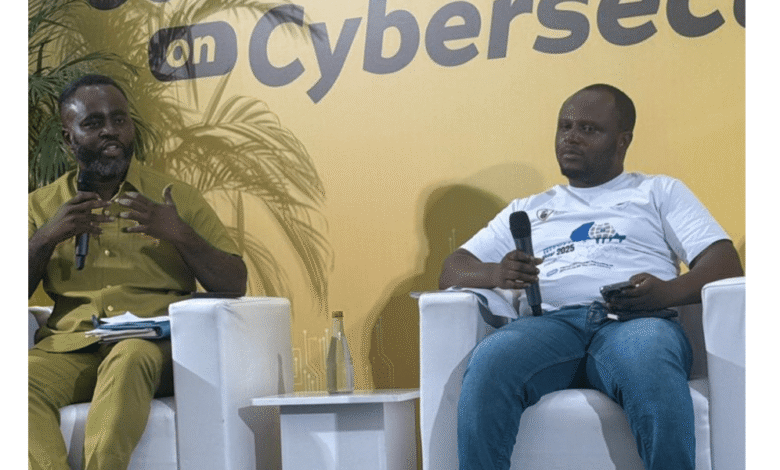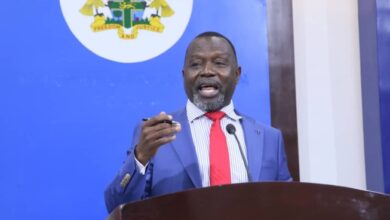Online fraud identified as the leading cybercrime in Ghana

A member of the National Emergency Response Team at the Cyber Security Agency, Isaac Socrates Mensah, has disclosed that the leading cybercrime in Ghana currently is online fraud.
According to him, online fraud has recorded a high number of complaints at the reporting point of contact at the Cybersecurity Agency.
He explained that online fraud amounts to 47% of the complaints received by the Cyber Security Authority.
“As an authority, we have what we call the reporting point of contact, and from that perspective, online fraud is the most reported incident. When I talk about online fraud, there are various categories of online fraud. We have investment scams, job recruitment scams, romance scams, and shopping scams, among others, and this amounts to 47% of the complaints we receive.”
He cited the recent surge in social media accounts for the Ghana Armed Forces after they announced their recruitment as one of the major online fraud schemes in recent times.
“Two weeks ago, we identified close to 200 different accounts in the name of the Ghana Army. I normally say that if these guys are not afraid of the military, to investigate them… They normally create these accounts
Other leading cybercrime activities, he said, include online blackmail, for which he explained that the authority receives 5 complaints a day, and unauthorized access, which has to do with fraudsters taking over the accounts of some users.
Isaac Socrates Mensah, who was speaking at MTN’s Bright Conversation on Cybersecurity, noted that the crimes committed are mostly not technical but social engineering, fueled mostly by greed.
“Most often, a lot of people are in a rush to blame the service provider that you allowed it to happen, but most often than not when you sit the person down and try to understand how everything came up, you realize that the person was social engineered into giving out something or taking a certain action, but most often, once the thing happens, they are quick to say otherwise,” he said.
Explaining further that “we do some work with our partners in the security agencies and MTN, and we have blocked close to one thousand three hundred from January up until June that have been involved in criminal activities. We are even looking at advancing some of these. It is a matter of social engineering, not a technical problem.
To him, to help fight this, although the Cybersecurity Agency will do its bit, individuals must be aware of the dangers they are prone to and address them by implementing security measures to ensure they do not fall victim.
“Because it is more of a social problem than a technical problem, it is more of creating awareness, let the people know what is expected of them, things they are supposed to do, things that they are not supposed to do,” he stated.




